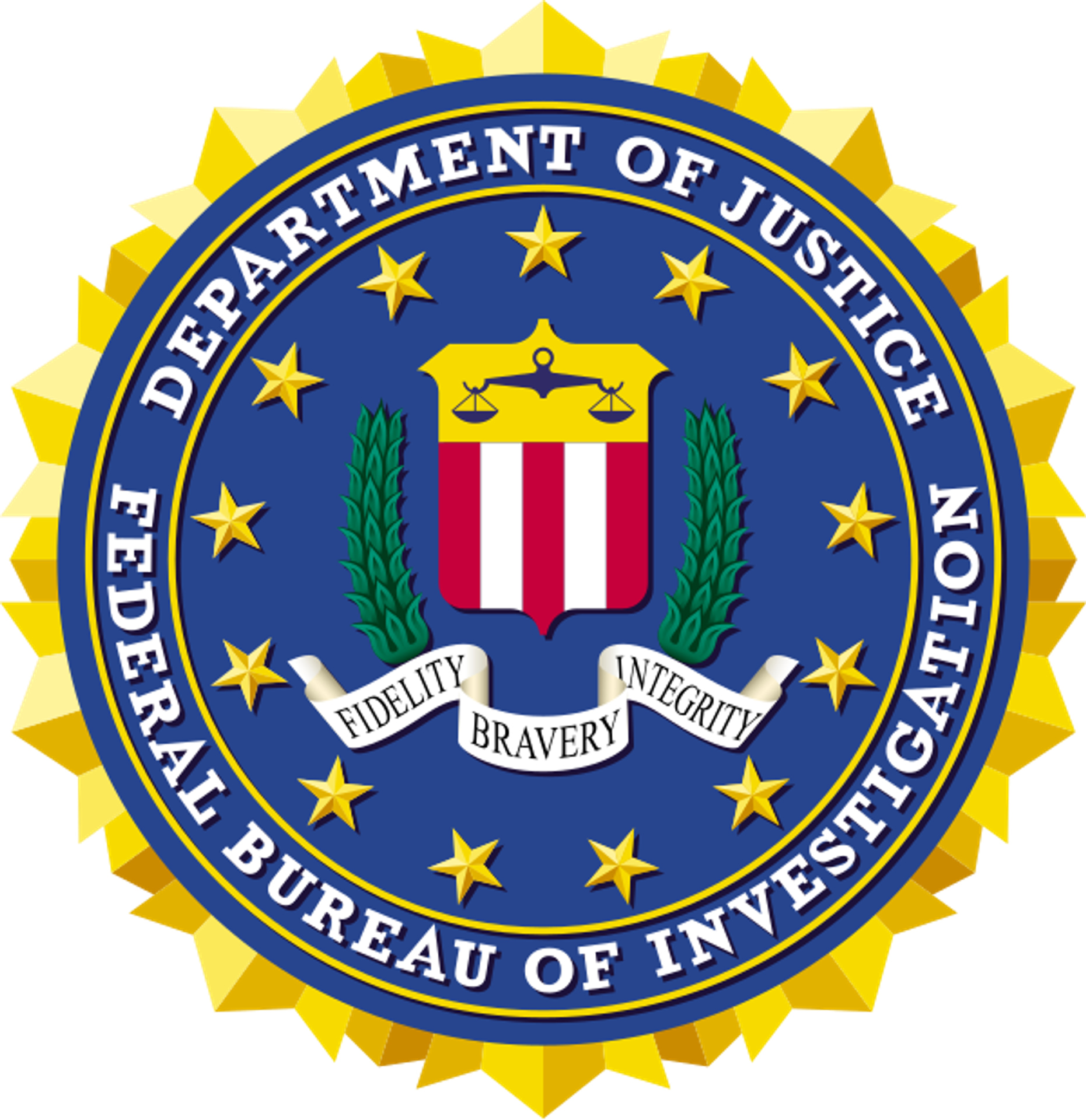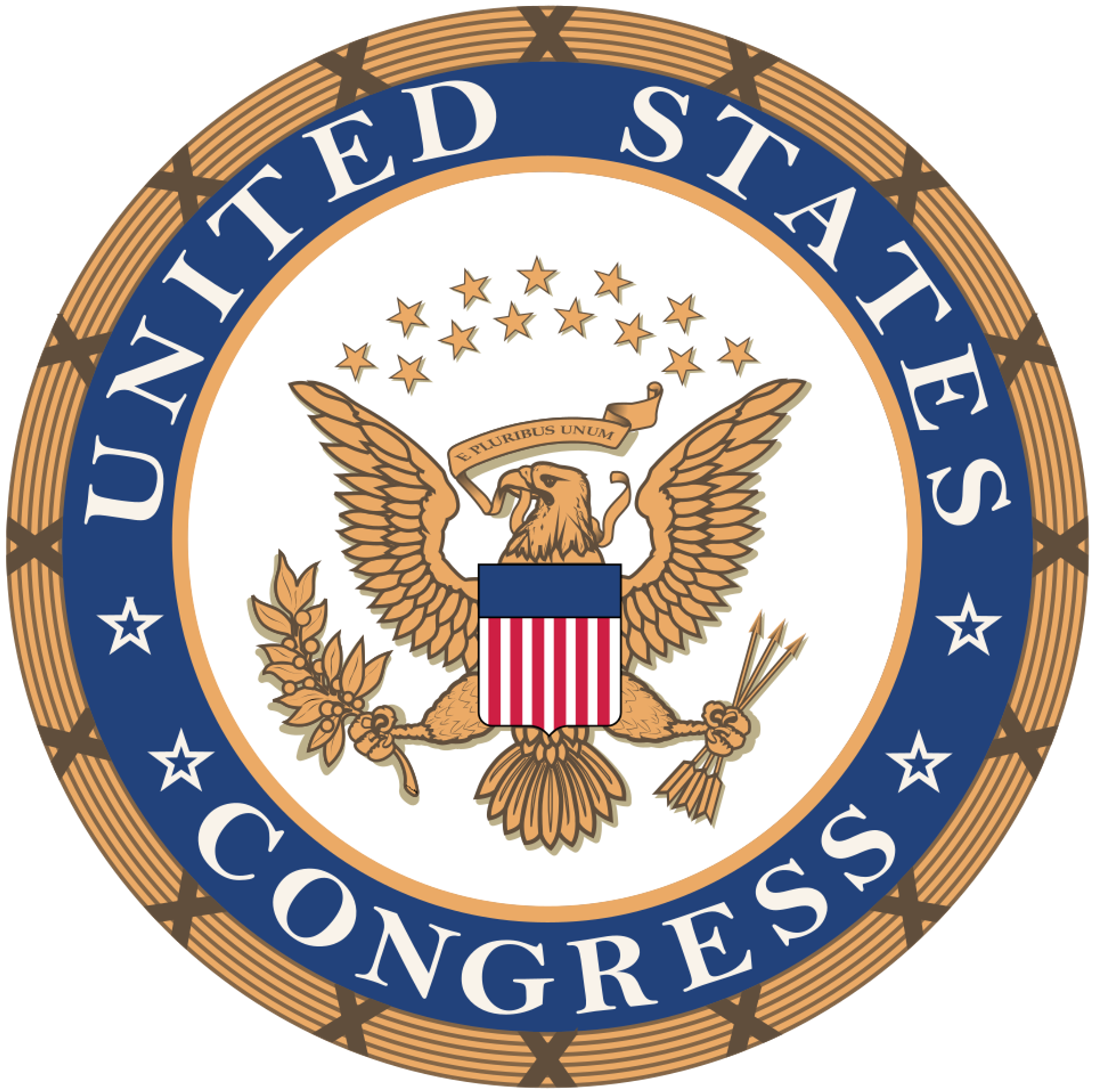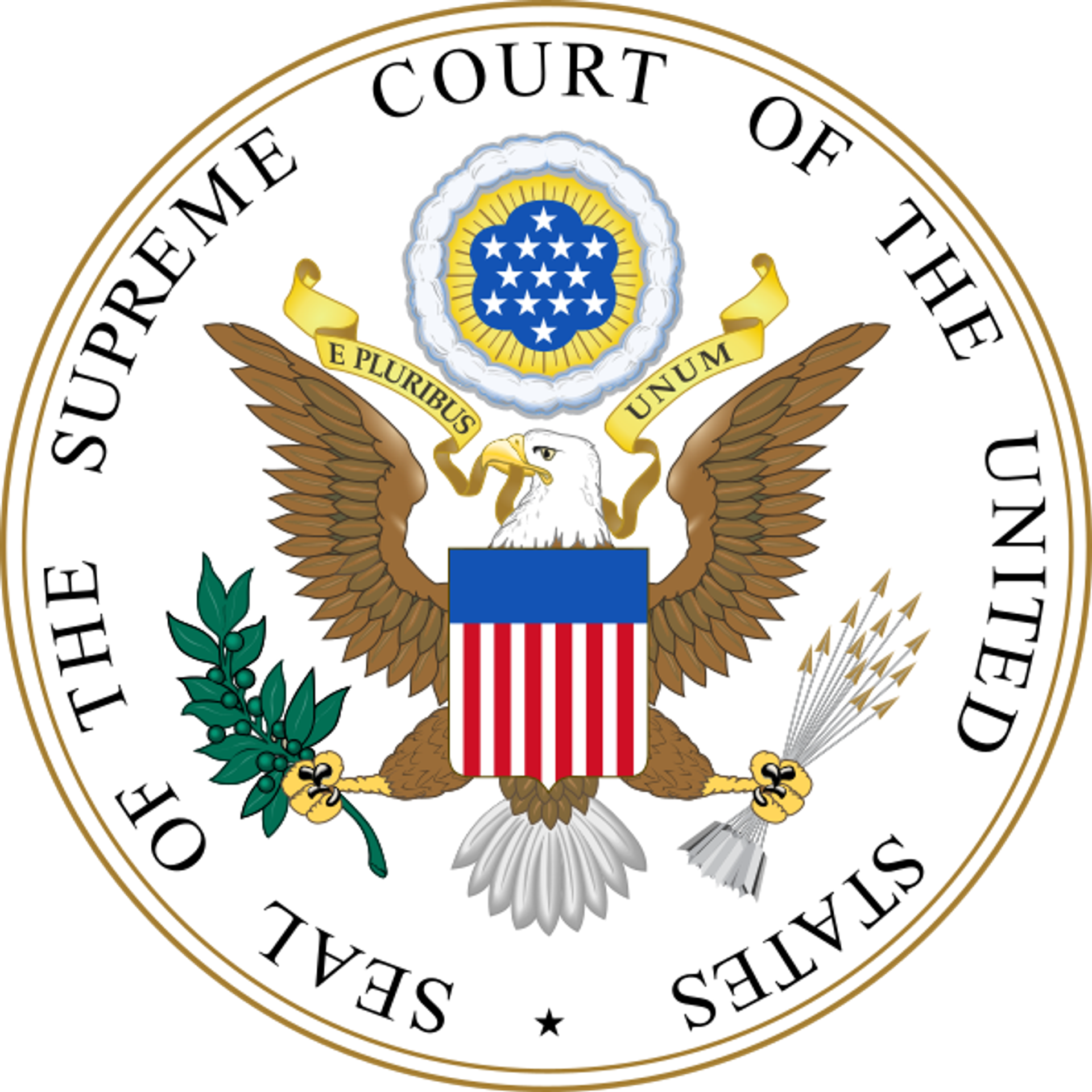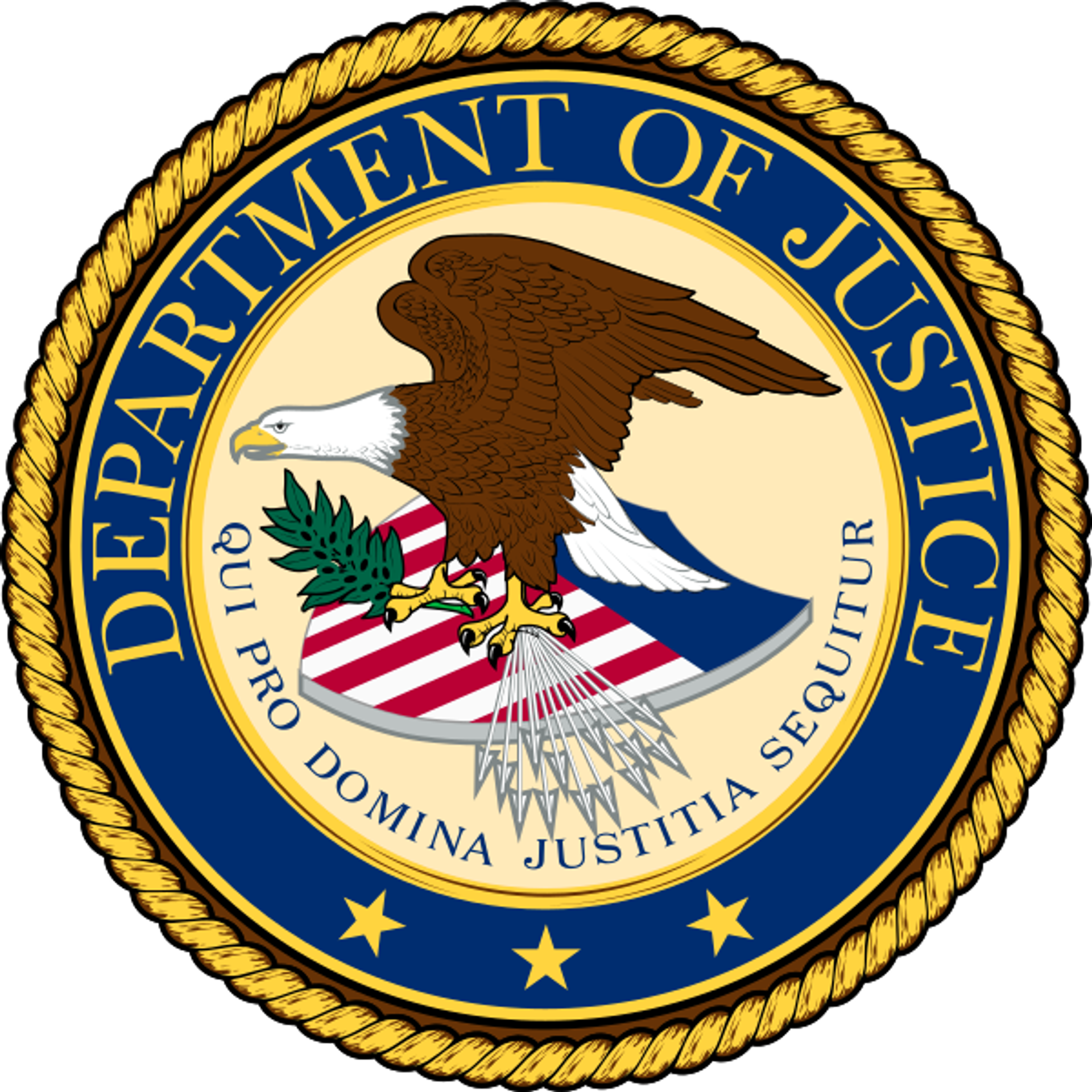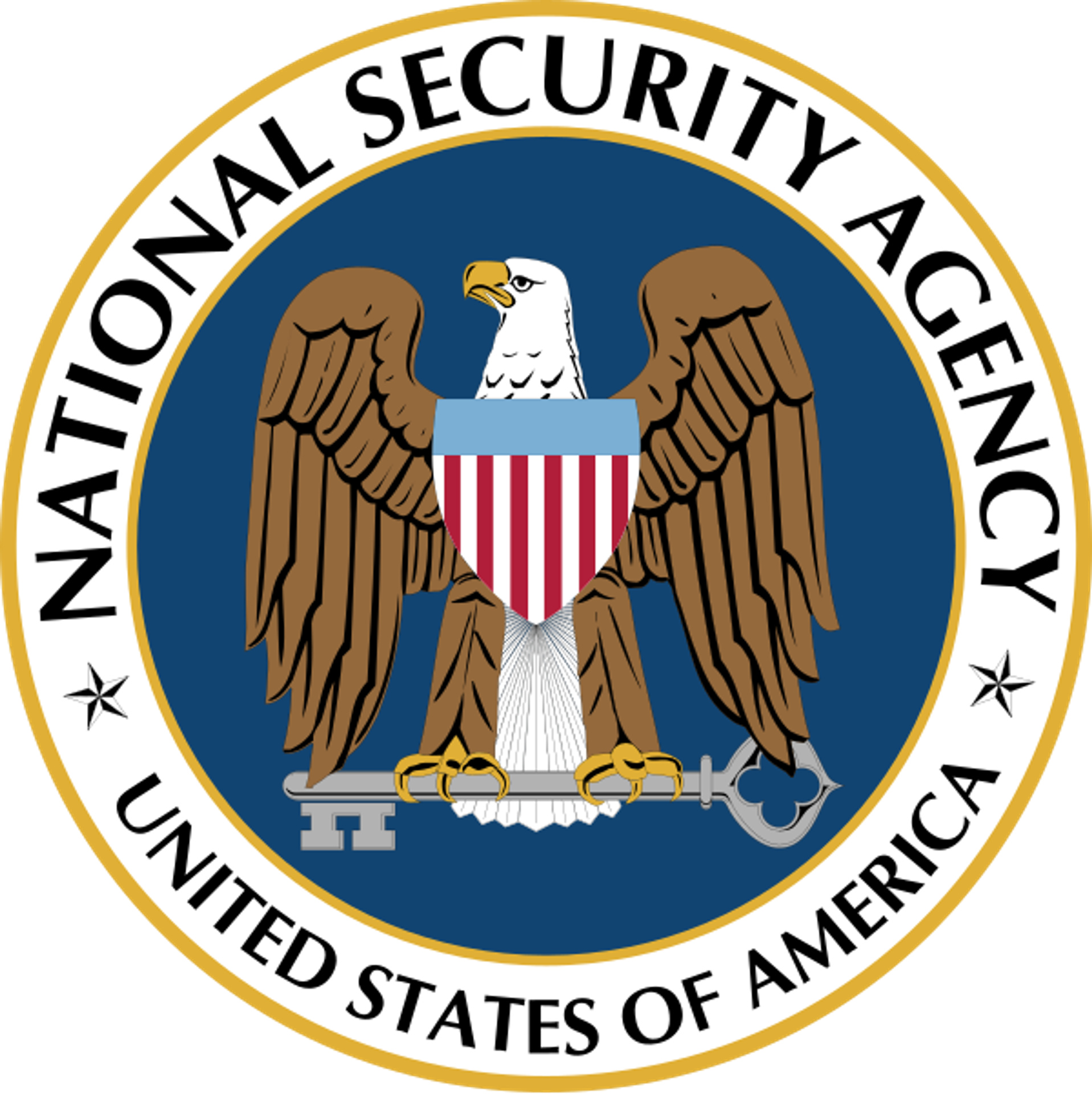
National Security Agency
What do people say about National Security Agency?
The perception of the NSA in the United States is heavily marred by allegations of invasive surveillance and a lack of transparency. Many citizens view the agency as a symbol of government overreach, particularly in light of revelations about mass data collection practices. While some acknowledge its role in national defense, the prevailing sentiment is one of skepticism and wariness regarding privacy rights. The agency's attempts to assure the public of its commitment to security and civil liberties often fall flat against the backdrop of past scandals and ongoing debates about privacy. In essence, the NSA is trapped in a dichotomy where it is seen as both a protector and a violator of American freedoms.
Where are the conversations happening?
Critical discussions about the NSA are prevalent in both mainstream media and social media platforms. Outlets like The Guardian and The Washington Post have extensively covered the agency's controversial practices, leading to heightened scrutiny and public debate. Social media also amplifies concerns regarding privacy, often framing the NSA as an antagonist in the narrative of personal freedom versus national security. The most critical discussions emerge around privacy rights, government transparency, and the ethical implications of intelligence gathering.
What are the topics trending around National Security Agency?
Discussions about privacy rights, government transparency, and the ethical implications of surveillance practices are trending topics that are closely associated with the NSA.
Why are these topics trending?
These topics are trending due to ongoing public and political discourse about the balance between national security needs and individual privacy rights, especially in light of recent technological advancements that facilitate mass data collection.
How is National Security Agency being talked about?
Detailed breakdown of public sentiment and conversations about this entity.
Impact vs Sentiment
See how each entity's high impact percentage relates to their positive sentiment percentage from actual mentions.

